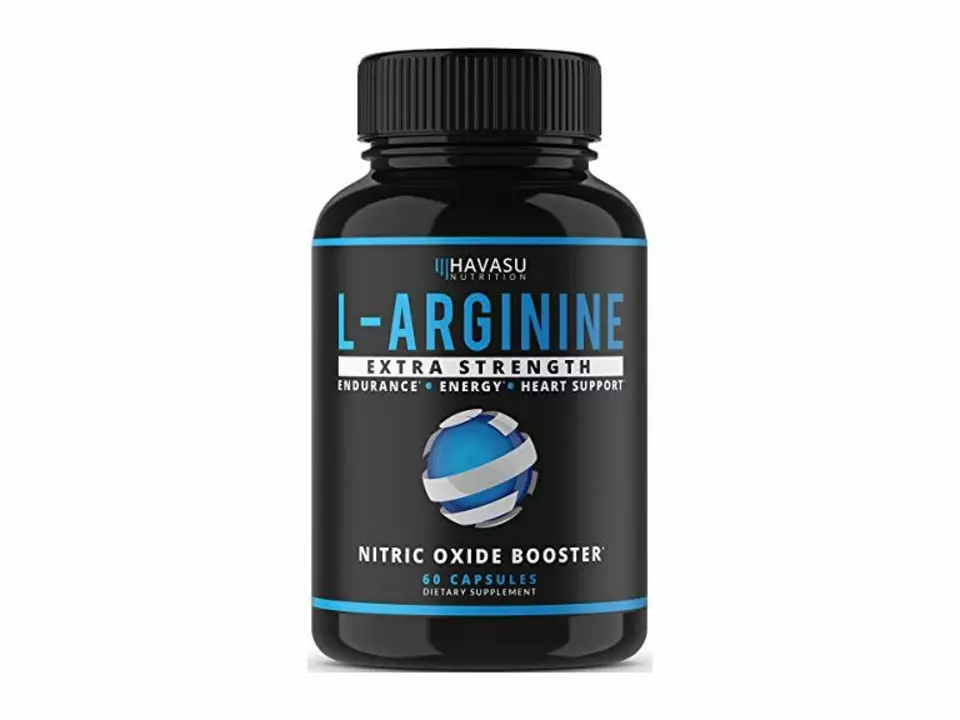Workout Performance: Simple, Practical Ways to Improve Now
Want better results from your workouts without wasting time? Small, specific changes to how you train, eat, and recover give the biggest gains. You don’t need gimmicks — just sensible habits that add up week after week.
Train smarter, not longer
Progressive overload is the backbone of better workout performance. That means gradually increasing weight, reps, sets, or density (less rest). Pick 1–2 ways to progress each week instead of changing everything at once.
Focus on compound moves: squats, deadlifts, presses, and rows build strength and carry over to most sports. Use accessory lifts to fix weak spots — hamstring curls, face pulls, single-leg work. Keep form strict. If your form breaks, drop the weight and keep the practice productive.
Tempo and rest matter. Slow the lowering phase on key lifts to build control (2–4 seconds), and use 60–120 seconds rest for strength and 30–60 seconds for conditioning. Mix heavy strength sessions with one higher-rep day each week to build both power and work capacity.
Warm up for the work you’ll do: 5–10 minutes of light cardio, movement prep, and 2–3 warm-up sets that ramp to working weight. A brief mobility routine for tight hips or shoulders can prevent injuries and improve performance instantly.
Recover and fuel for real gains
Sleep is non-negotiable. Most people perform better with 7–9 hours. Lack of sleep drops strength, reduces focus, and slows recovery. If you can’t get solid sleep nightly, plan easier training days and focus on technique instead of chasing PRs.
Protein is your repair tool. Aim for about 0.6–0.9 grams per pound of body weight daily (1.3–2.0 g/kg). Spread protein across meals — 20–40 g per serving helps muscle repair. After a hard session, eat a mix of carbs and protein within 1–2 hours to top up energy and start recovery.
Hydration affects everything from power output to concentration. Drink through the day and add electrolytes if you sweat heavily. Caffeine can boost power and focus when taken 30–60 minutes before training — keep doses moderate and avoid late-day use that wrecks sleep.
Simple supplements that help: creatine monohydrate (3–5 g daily) improves strength and recovery; protein powder fills gaps; beta-alanine can help short, high-intensity efforts. These aren’t magic, but they give reliable, measurable improvements when training and nutrition are solid.
Track progress with clear metrics: weight lifted, reps completed, workout density, and how you feel. Use a one-week deload every 4–8 weeks or when performance stalls. If aches turn into pain, back off and fix mobility or technique before pushing harder.
Start with two small changes this week — a consistent sleep schedule and one extra warm-up set — and build from there. Consistent, focused effort beats random hard sessions. Keep it simple, track what matters, and your workout performance will follow.

Boost Your Workout Performance and Recovery with L-Arginine: The Must-Have Dietary Supplement
In my latest blog post, I discuss the incredible benefits of L-Arginine, a must-have dietary supplement for anyone looking to boost their workout performance and recovery. L-Arginine is a precursor to nitric oxide, which helps to increase blood flow and oxygen delivery to your muscles, resulting in enhanced strength and endurance. Not only does it improve your workouts, but it also aids in faster muscle recovery and reduces muscle soreness. I highly recommend incorporating L-Arginine into your supplement routine for optimal fitness results. Don't miss out on this game-changing supplement that can take your workouts and recovery to the next level!
Read More